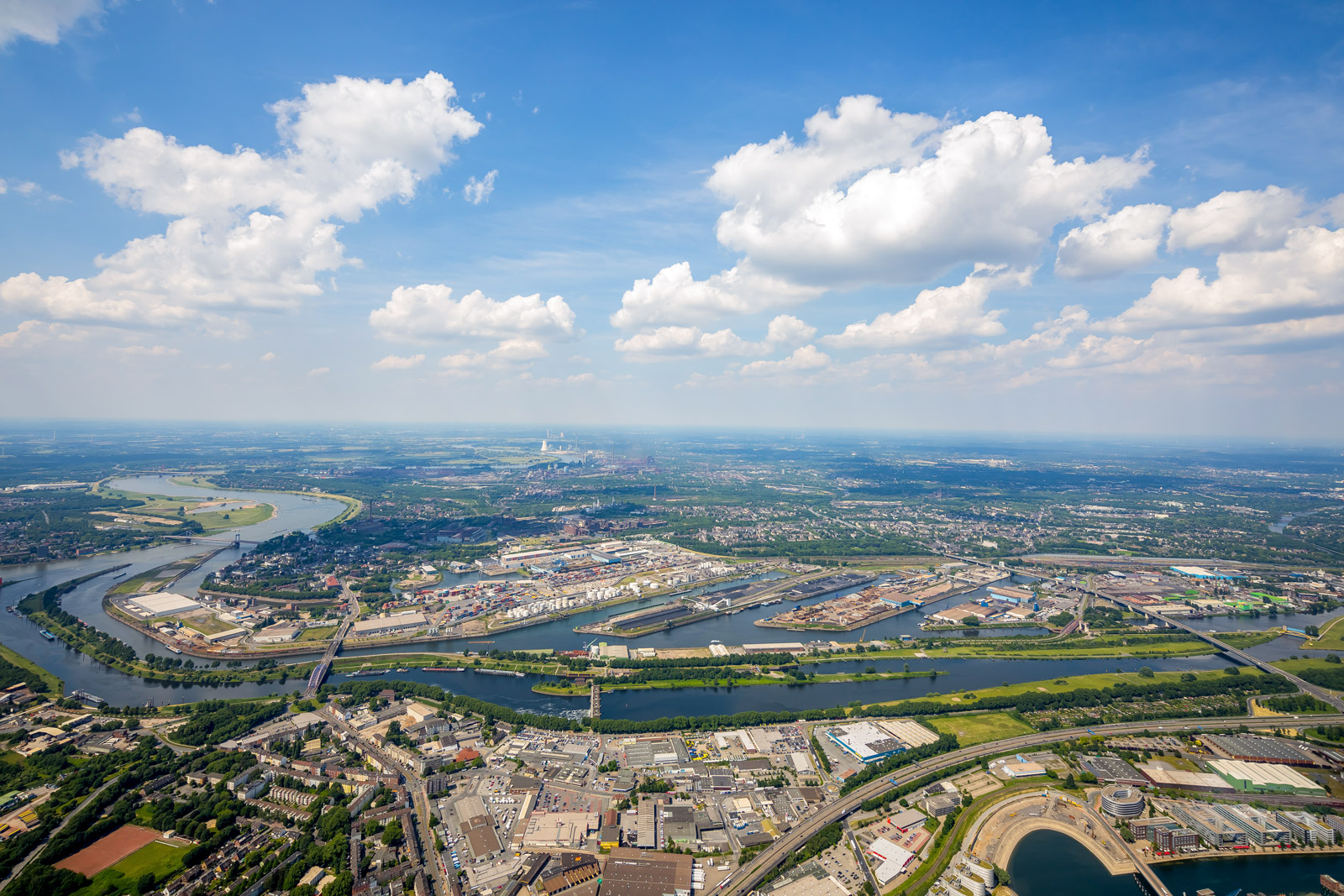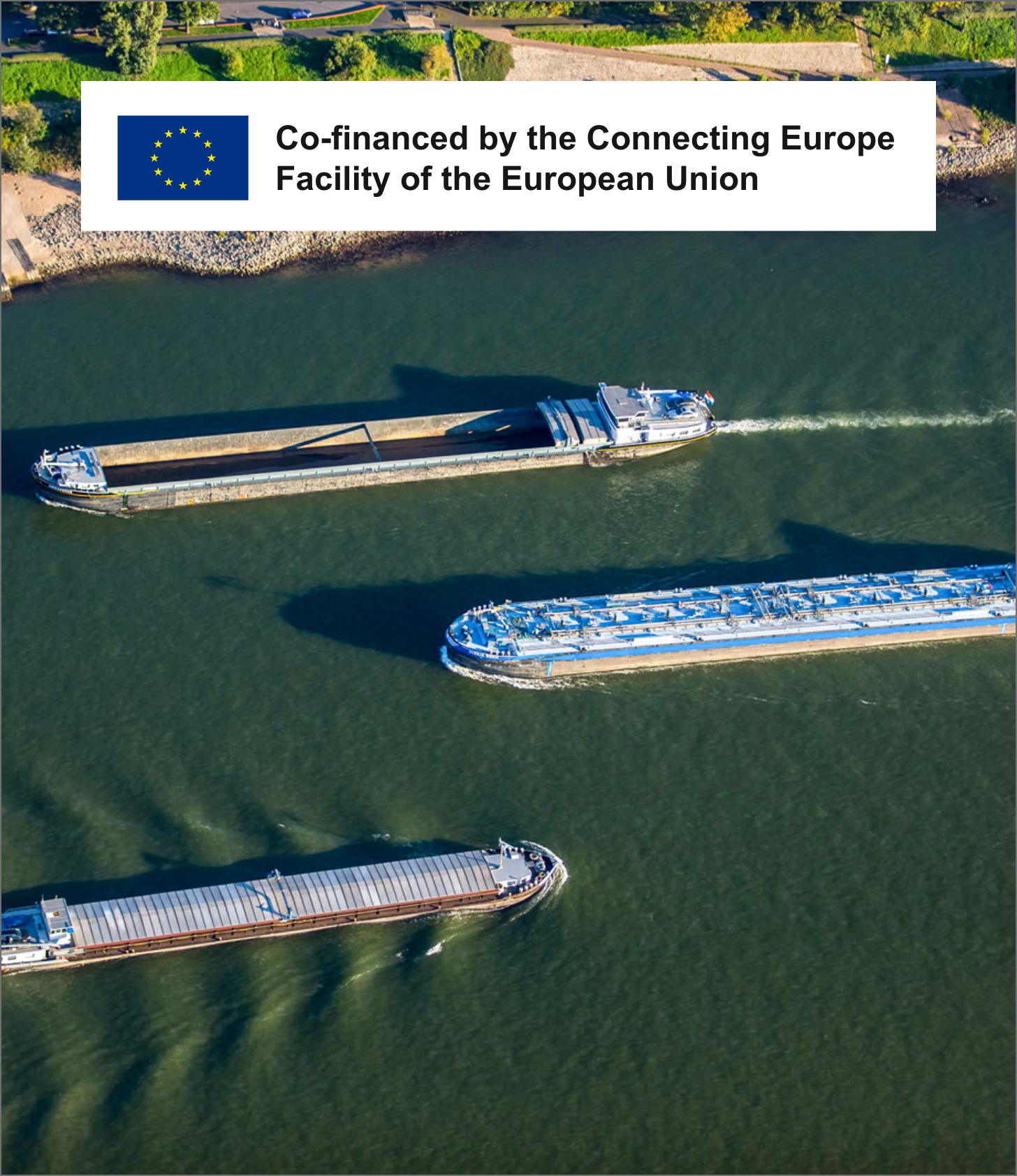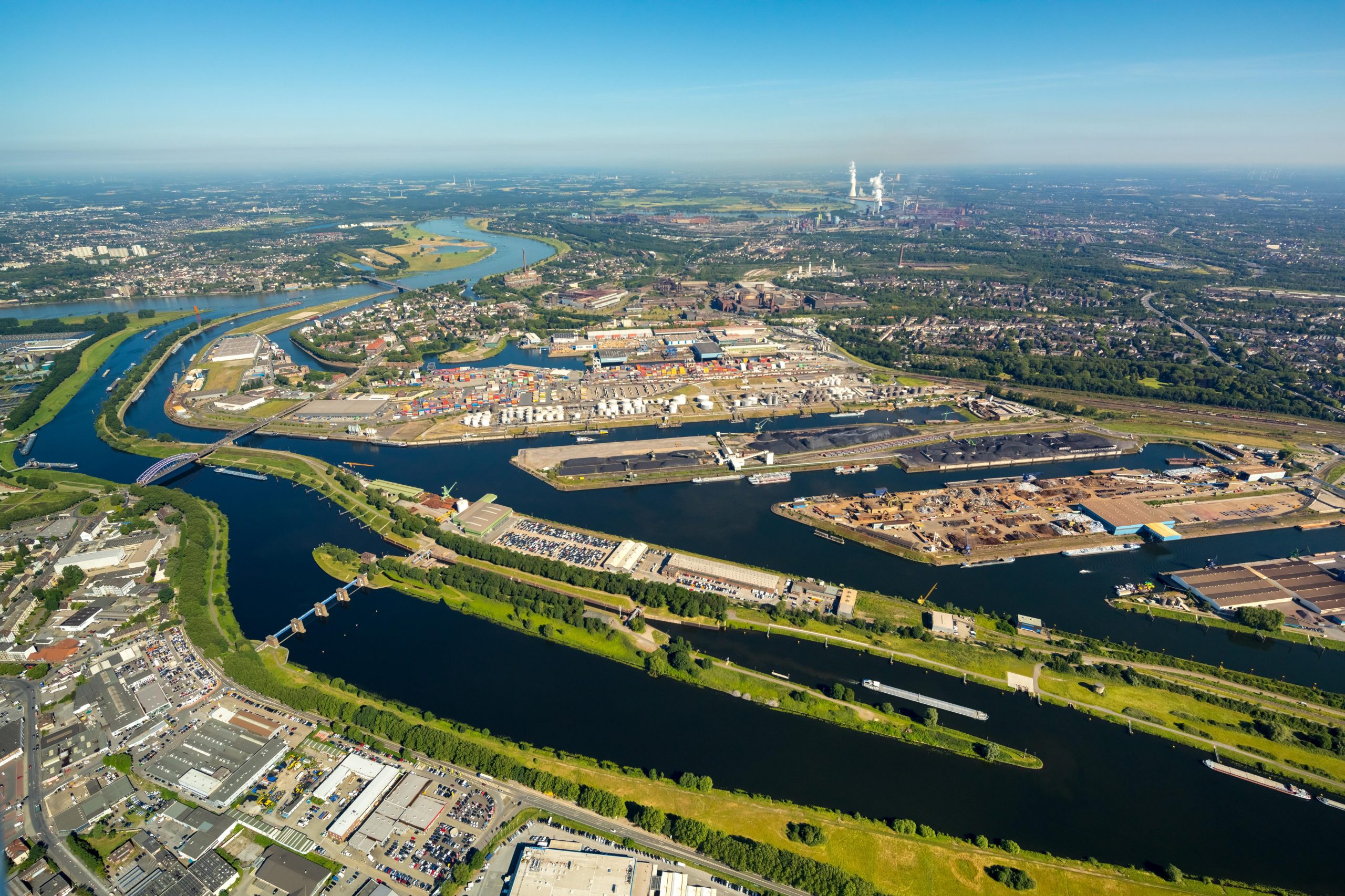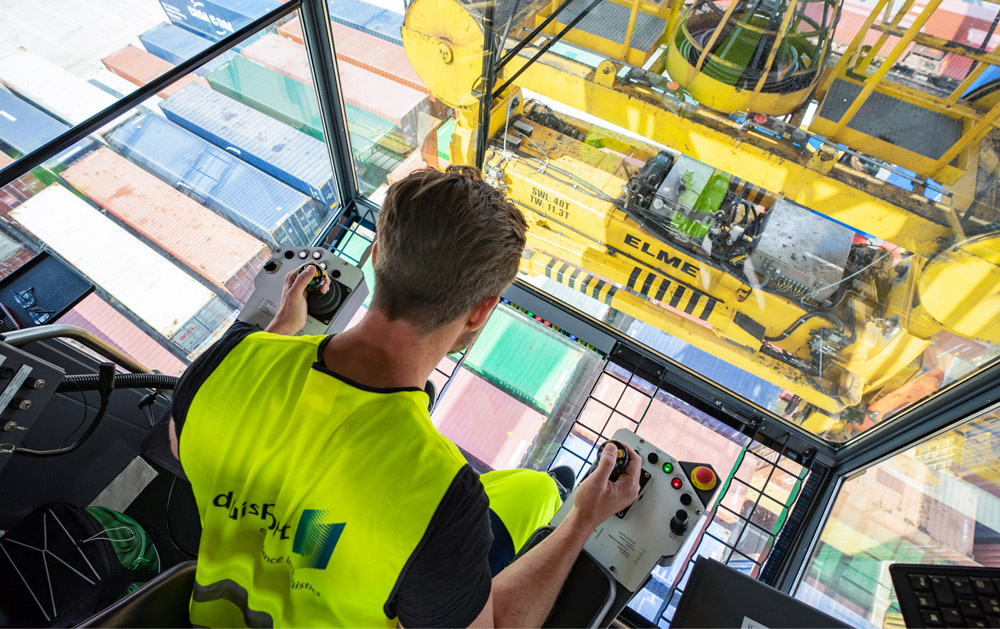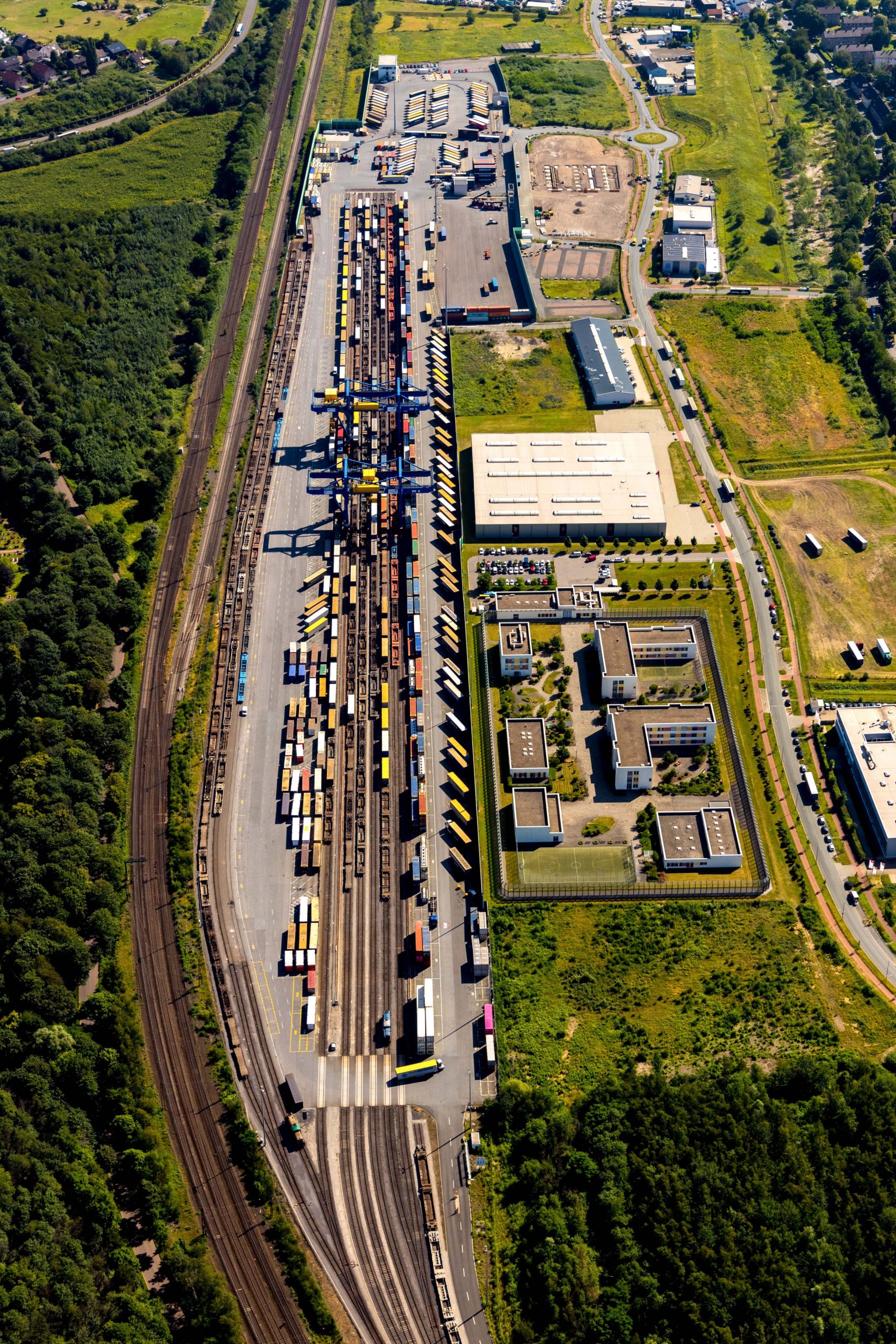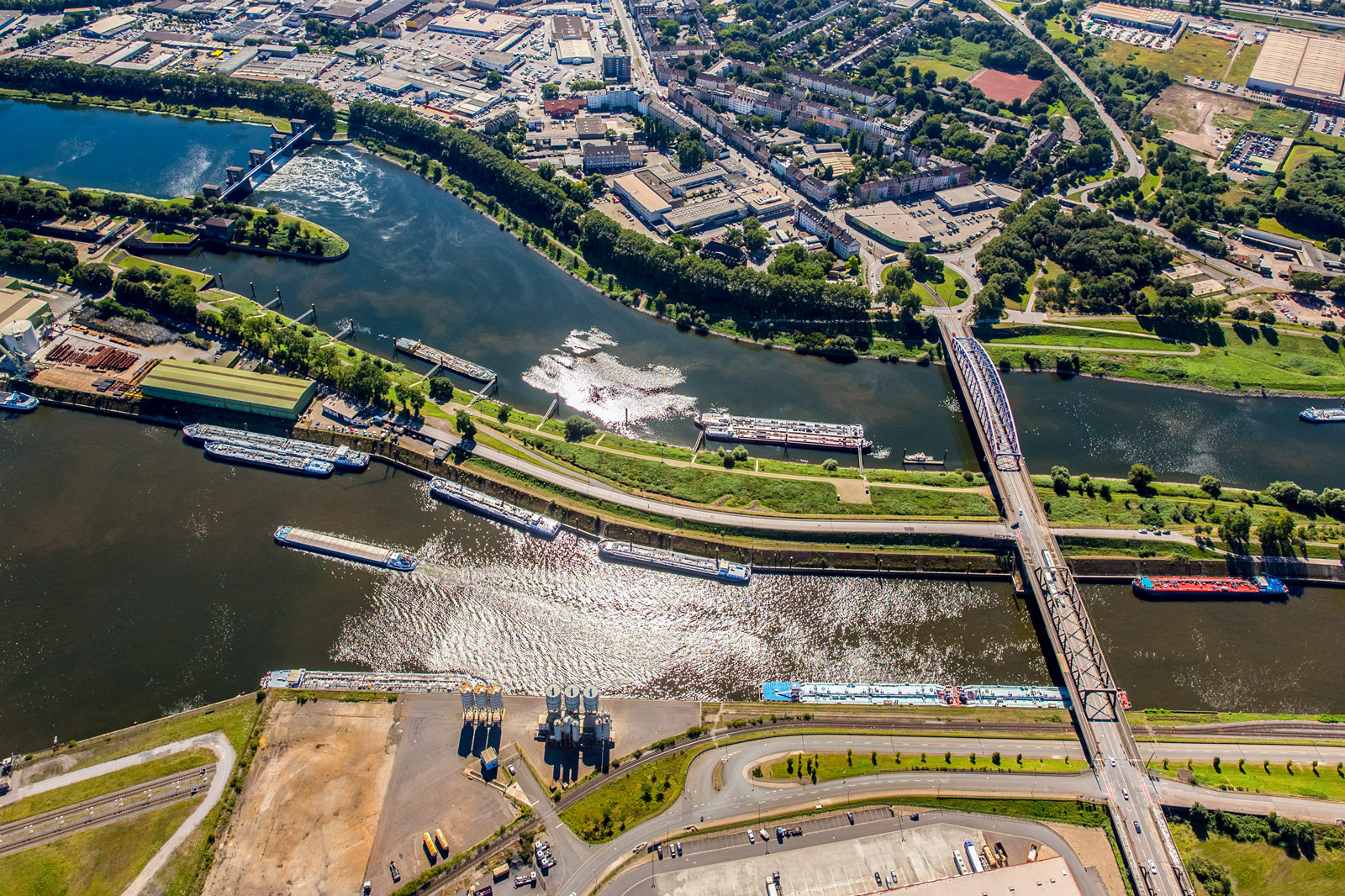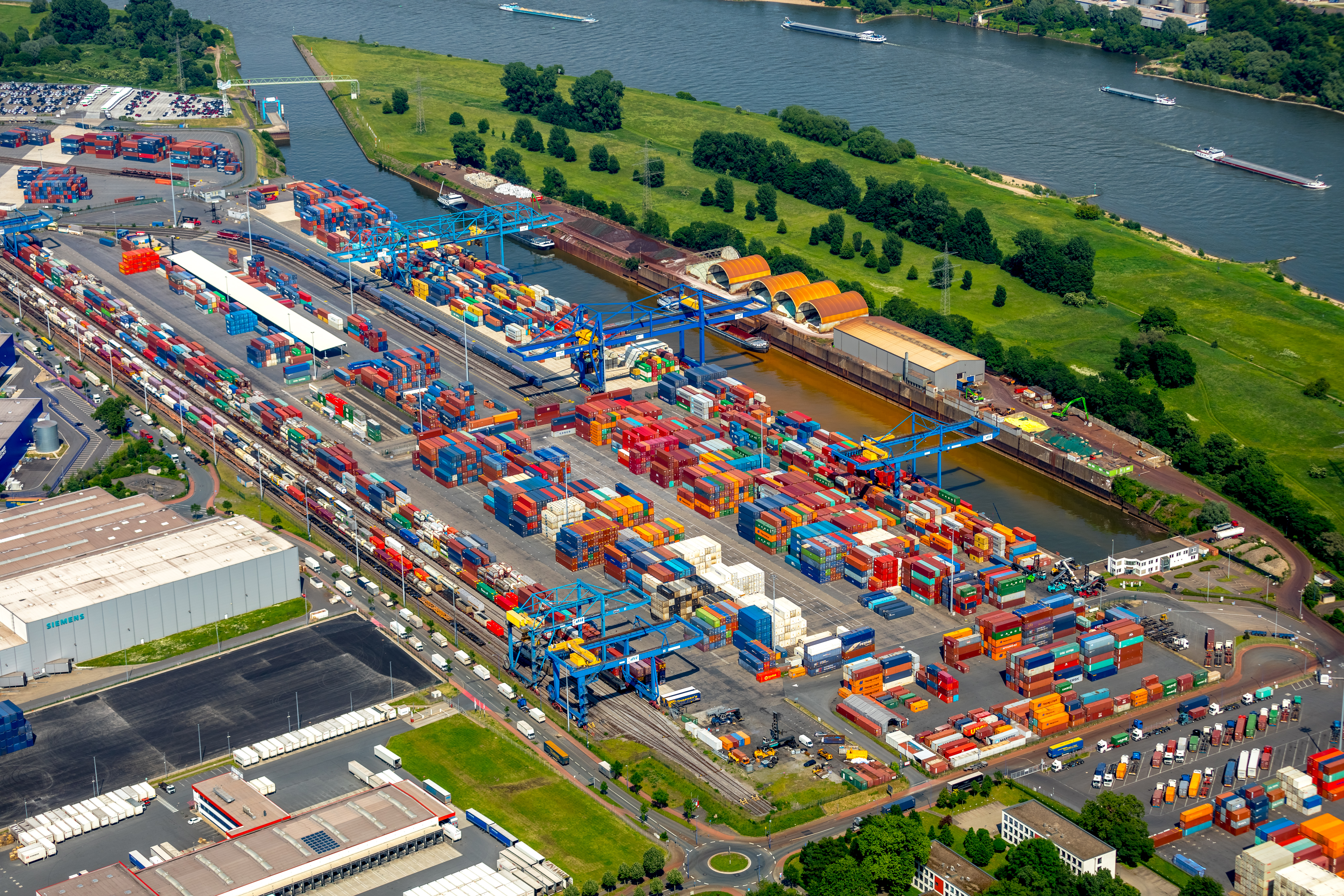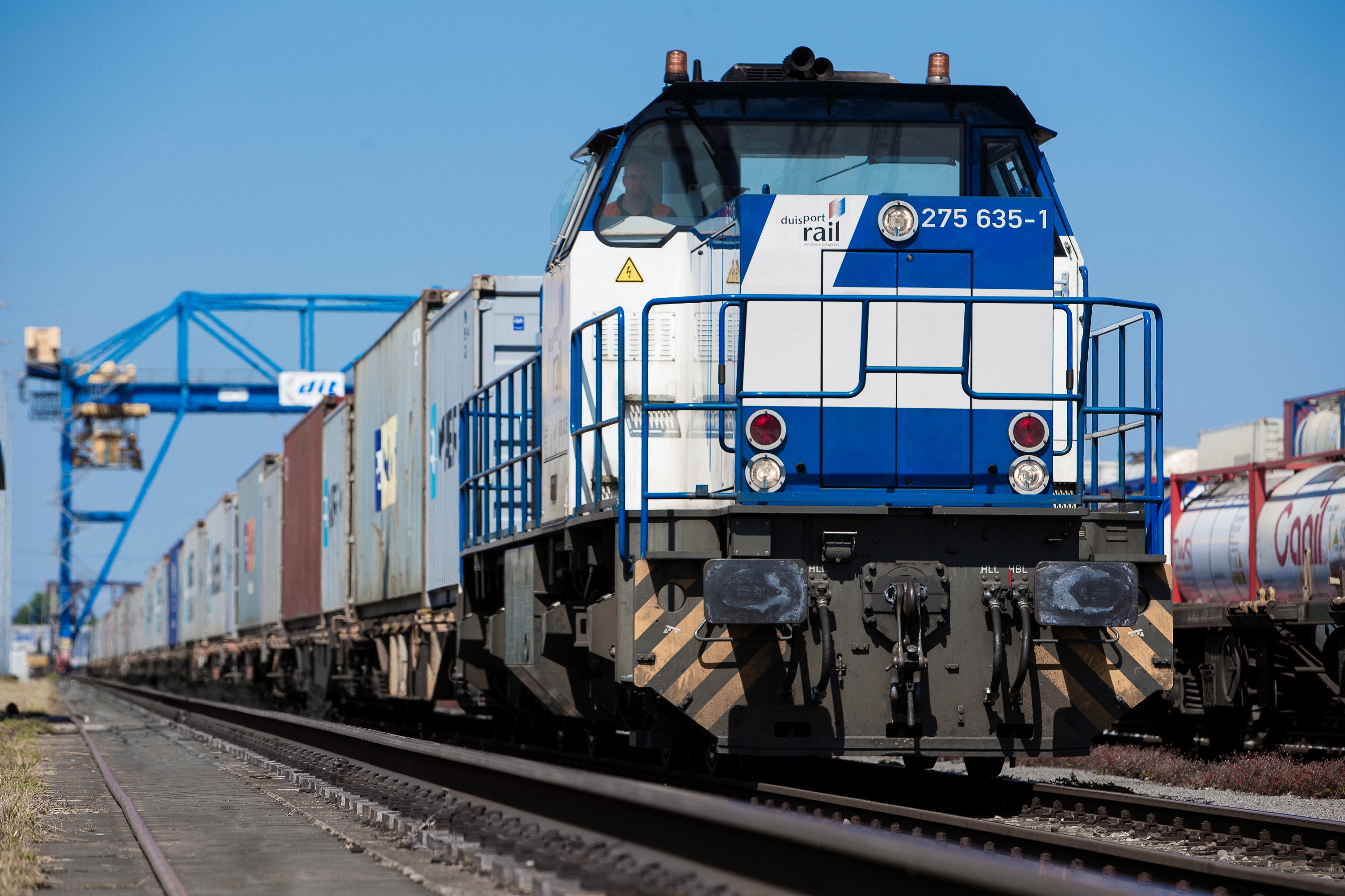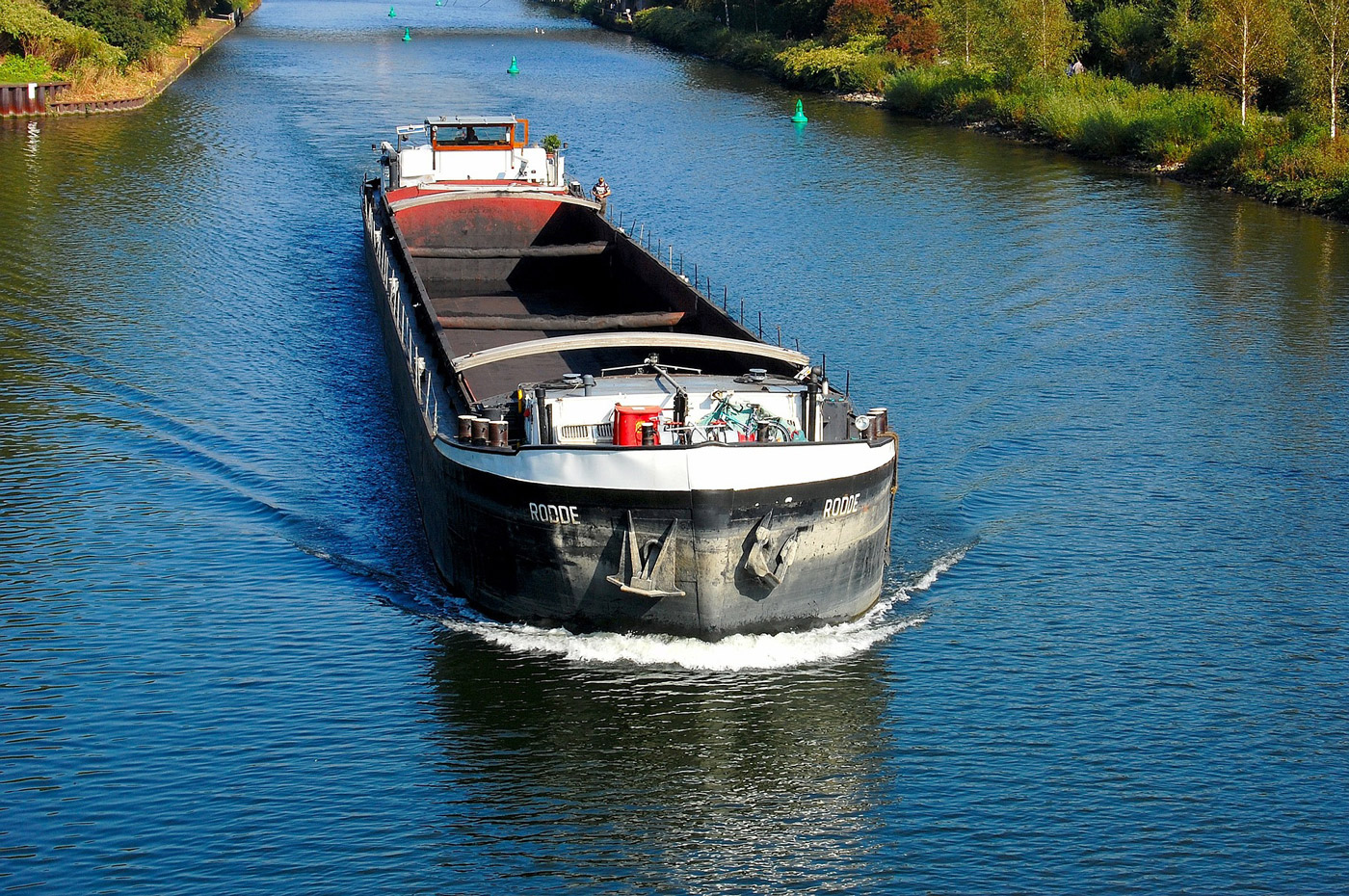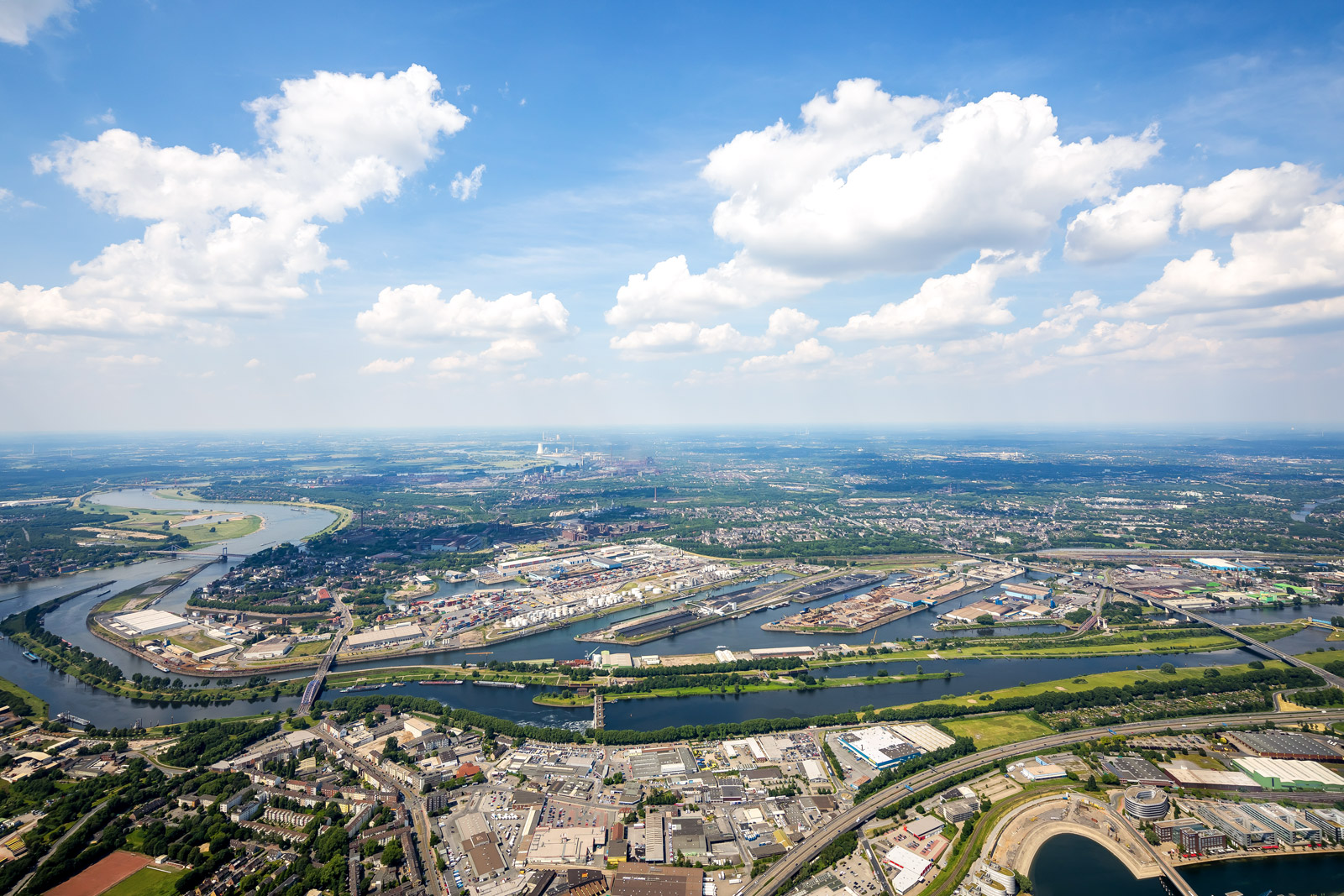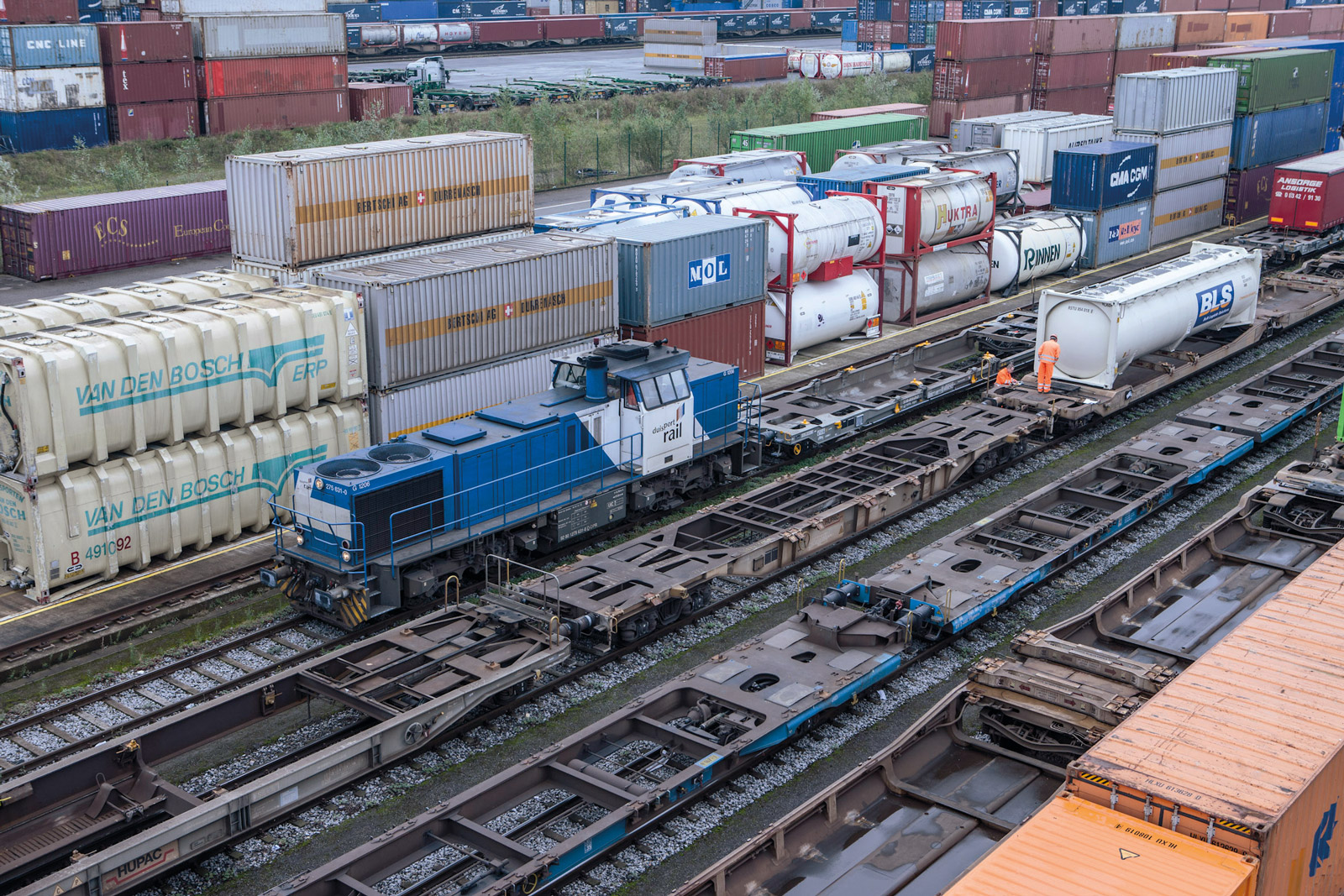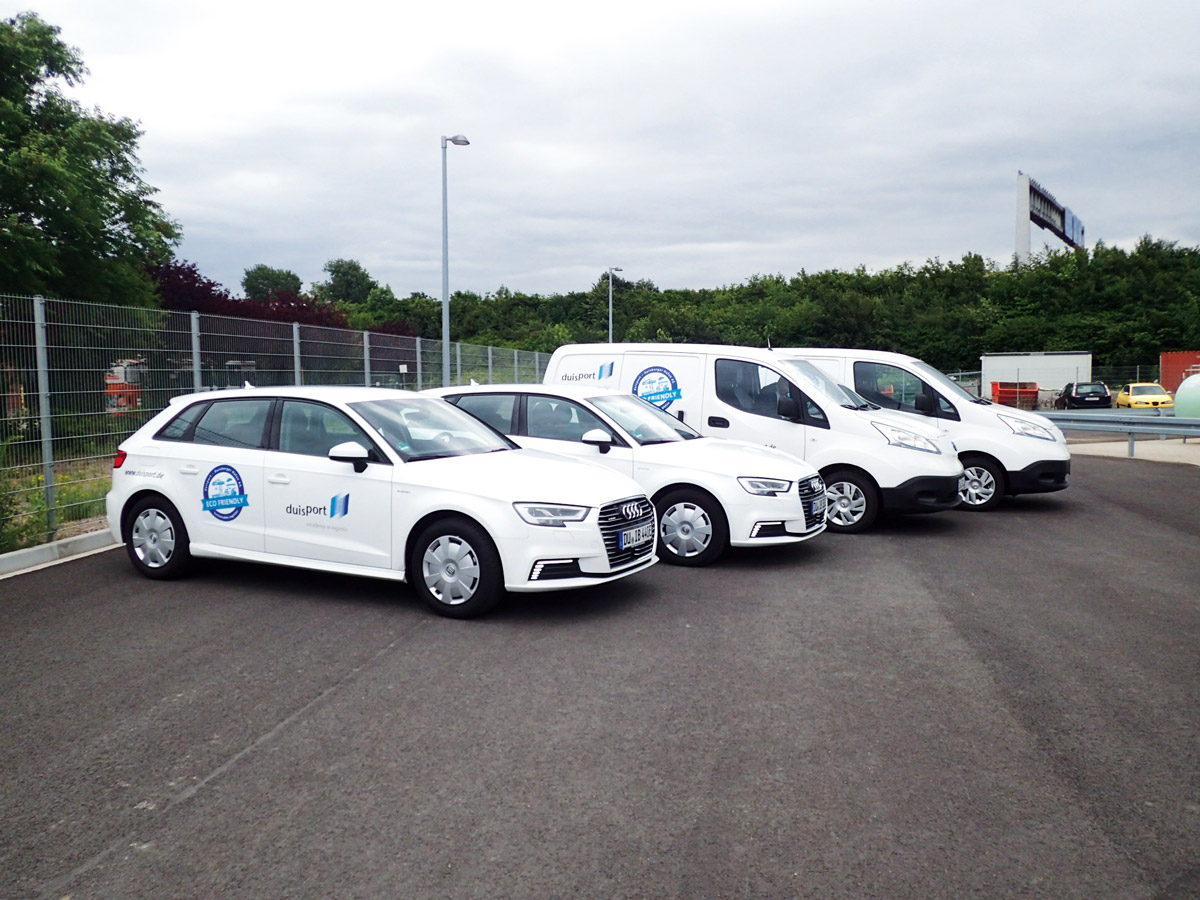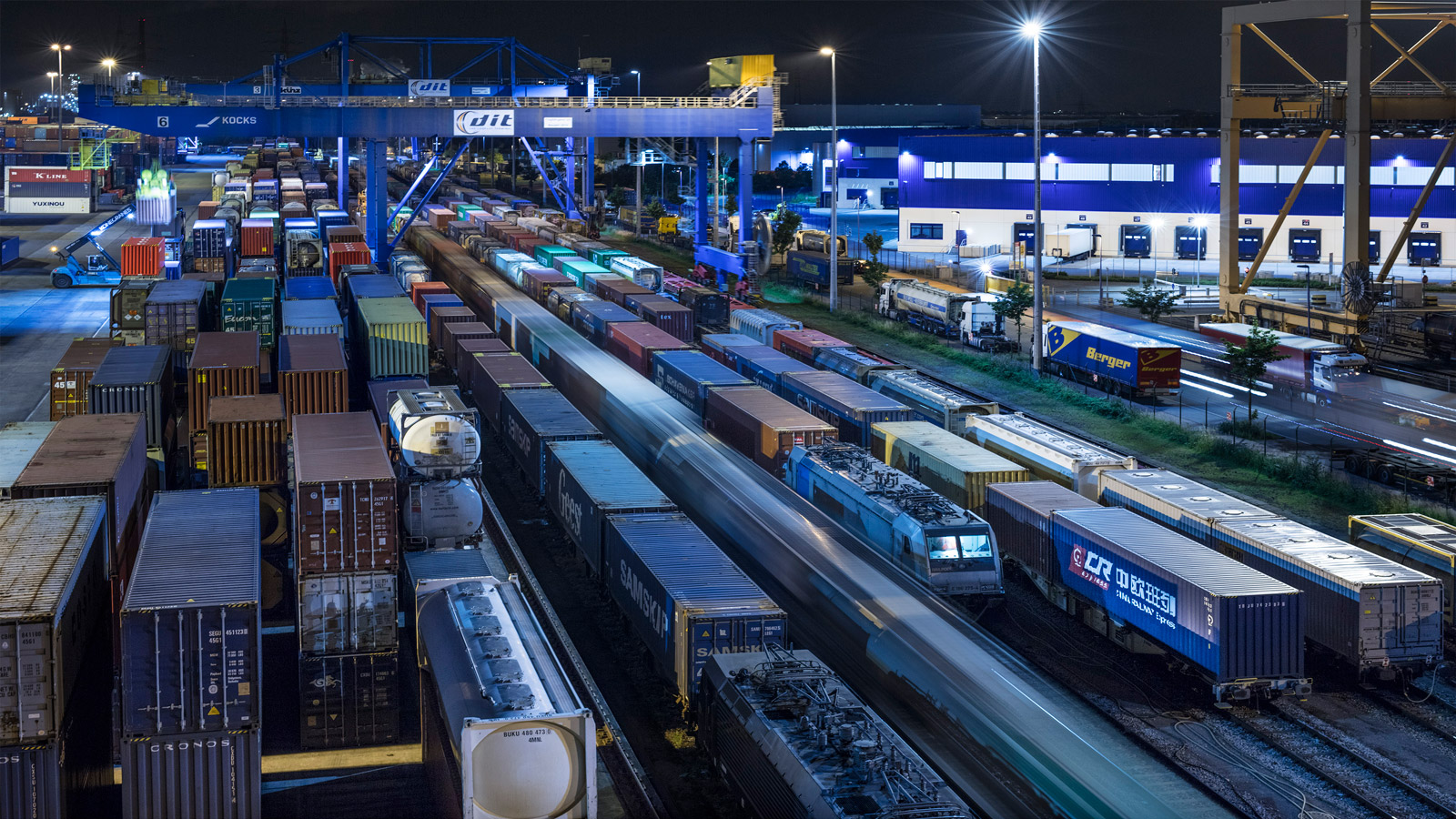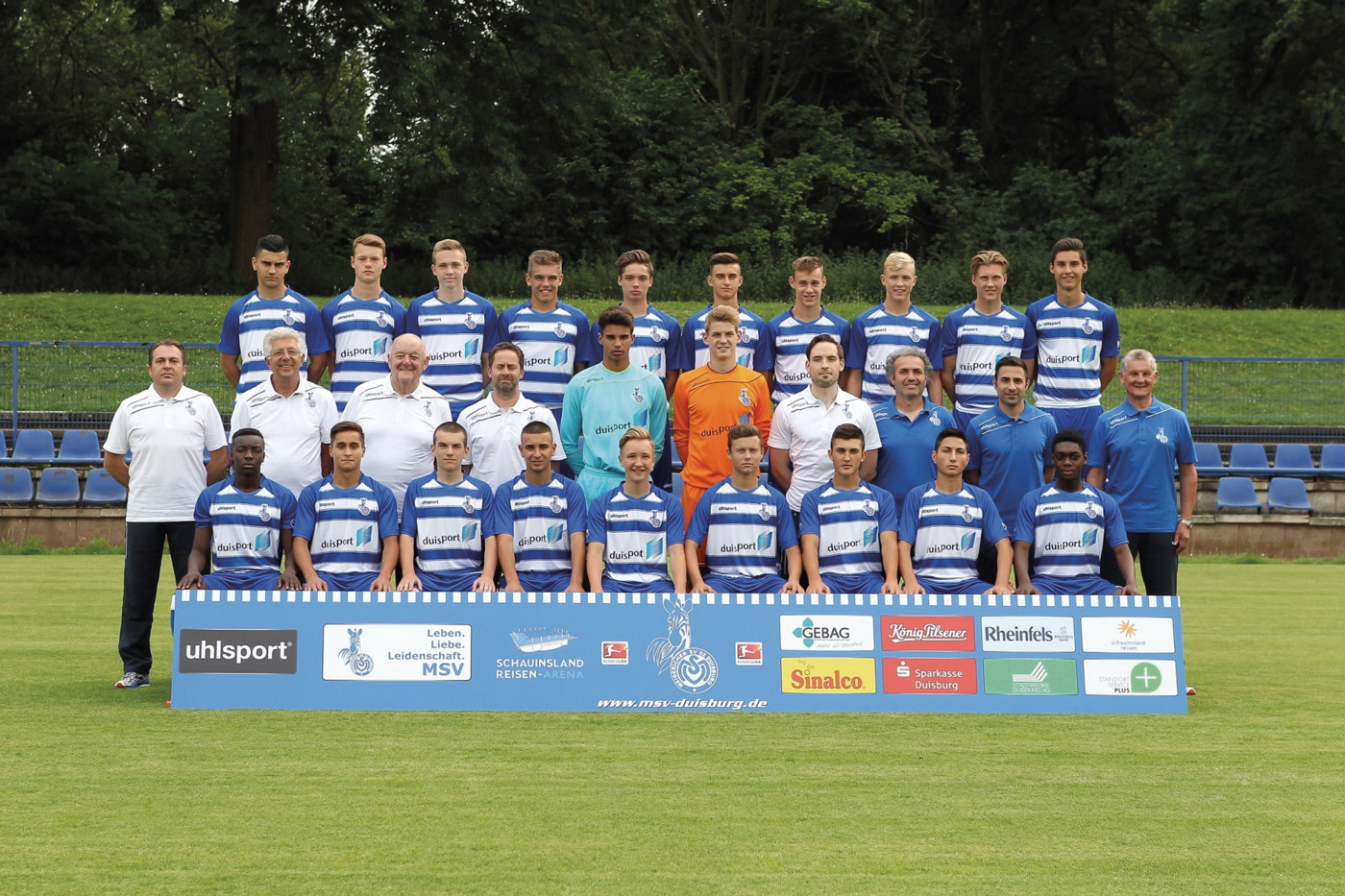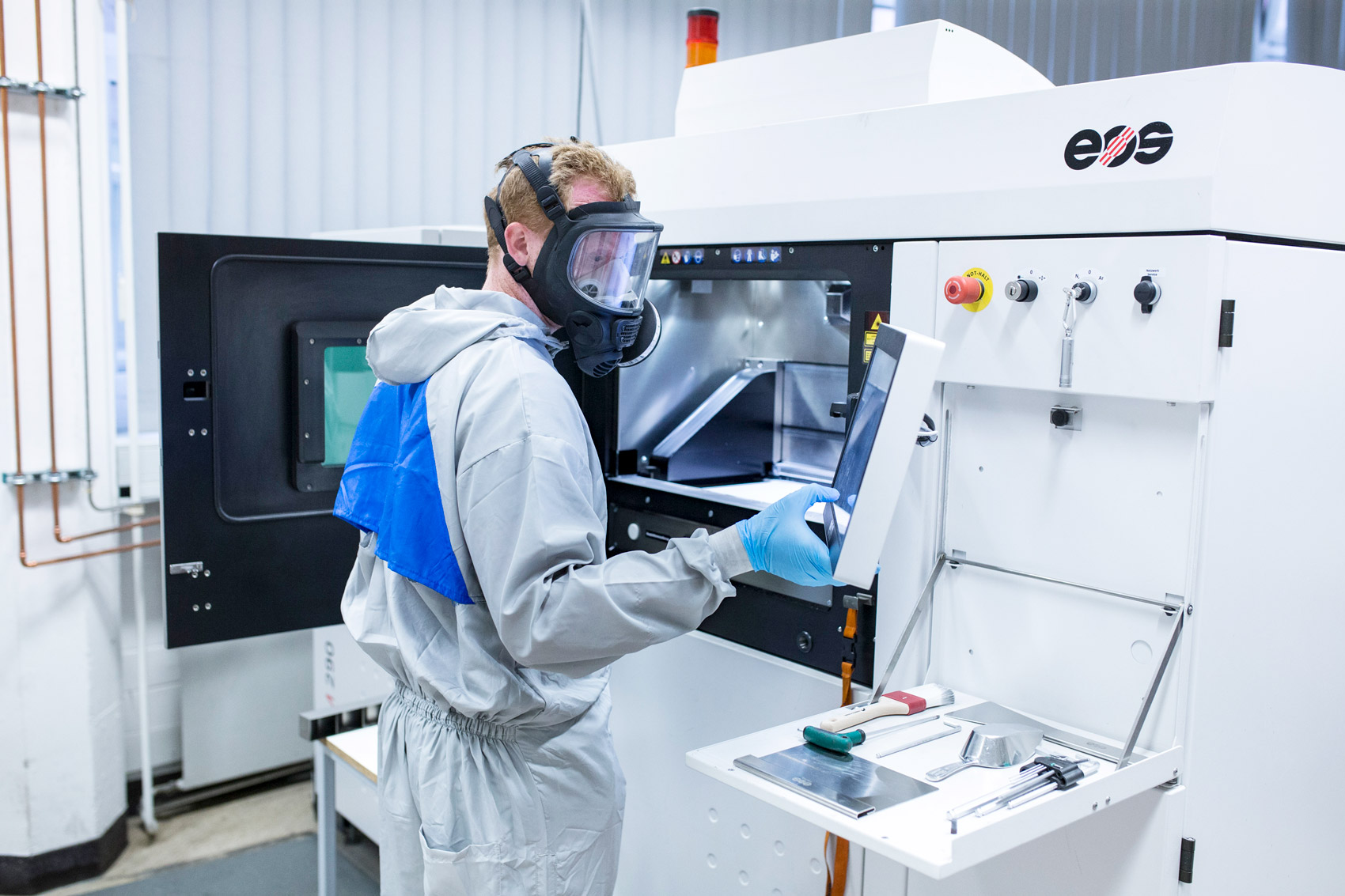
Always a step ahead.
duisport researches and supports.
The logistics industry is developing rapidly all around the world. We are an active part of this progress, in order to take on a leadership position in the market.
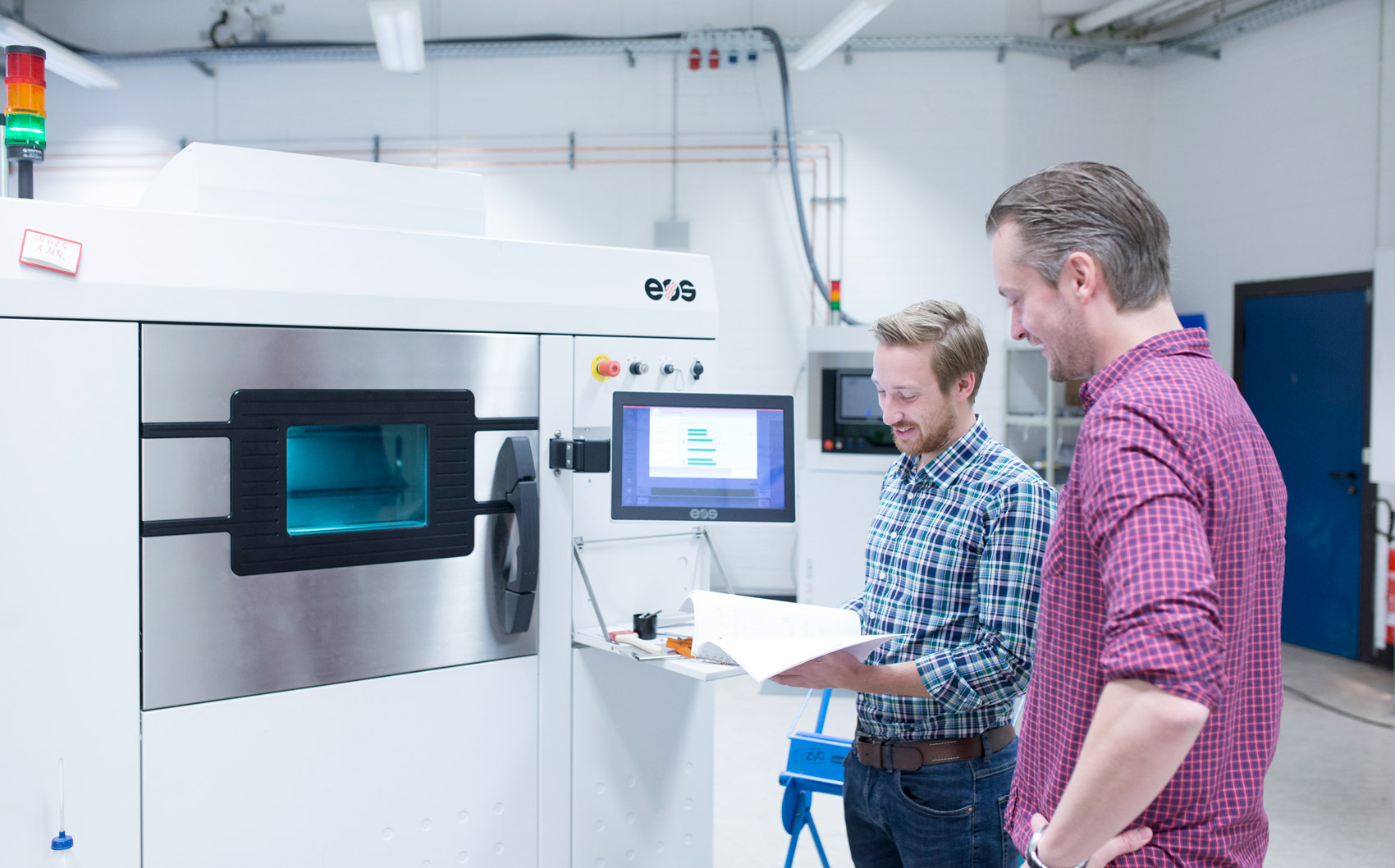
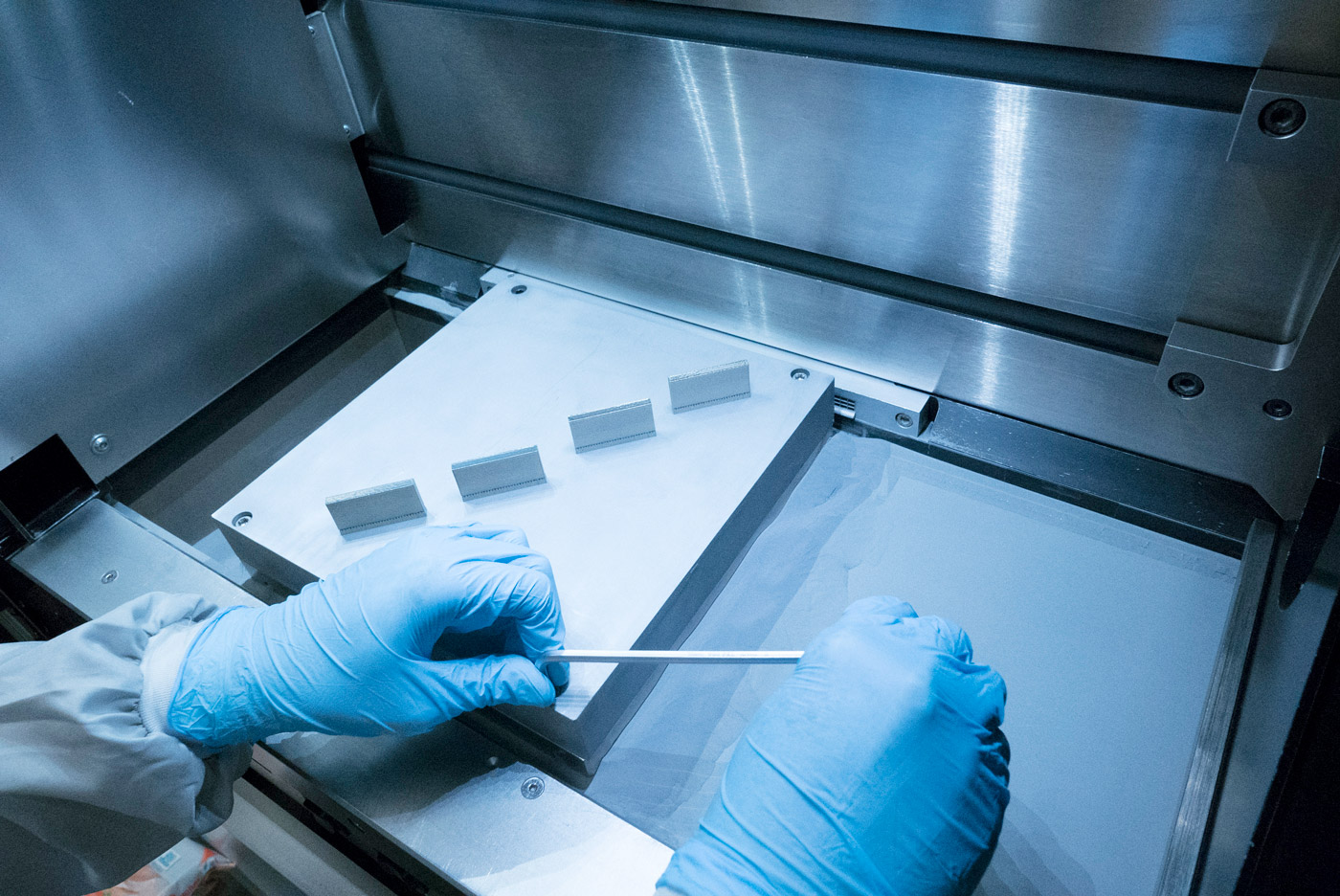

Die Projekte Leander und Leiser Hafen werden gefördert durch:
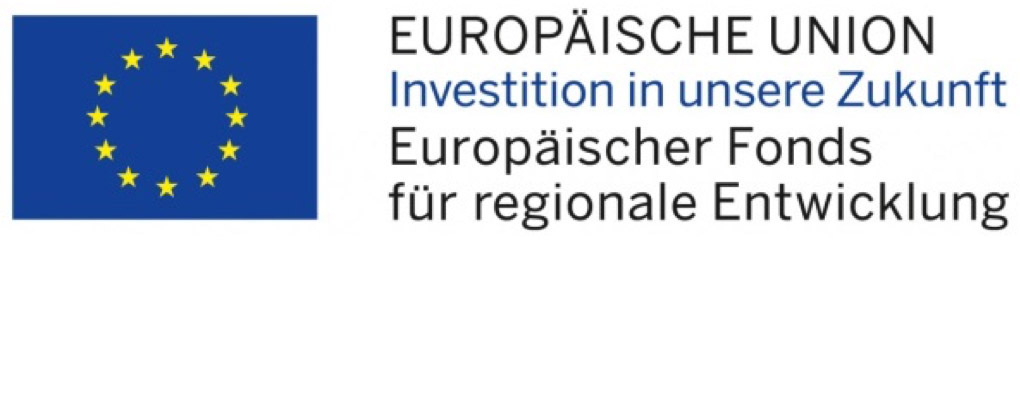
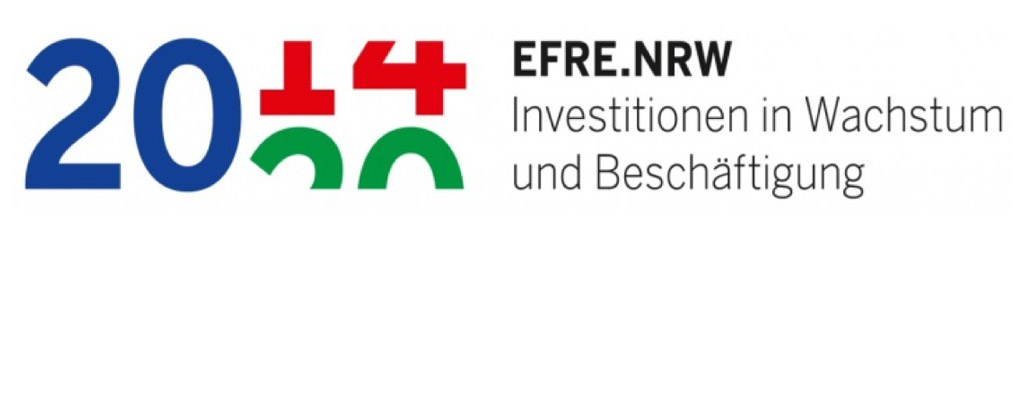
Energy Transformation Hub: Pioneer in climate protection
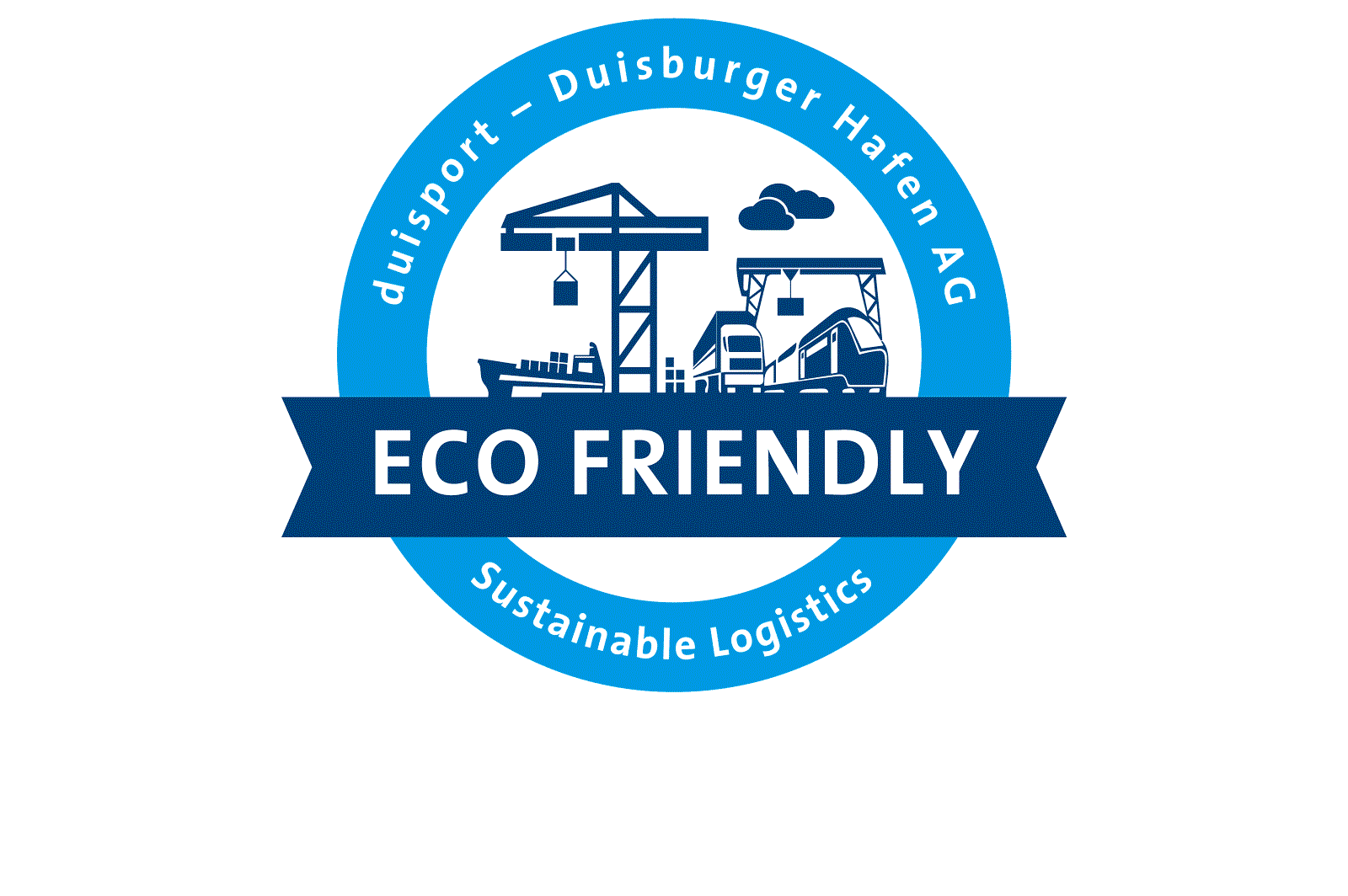
Together with industry partners such as Siemens, RWE and Innogy, duisport is also committed to climate protection. Our objectives are to reduce emissions of greenhouse gases and increase the use of renewable energies. In addition, we are also developing our own energy and climate protection concept in cooperation with the Universität Duisburg Essen. Together, we want to find ways to make mobility more sustainable, move transport from the road to rail and inland water vessel, optimize transportation chains and develop industrial brownfields.
In terms of enhanced climate protection, we focus on the following areas in particular:
- Promotion of electromobility and expansion of charge column infrastructure
Specifically, four electric charging stations are planned, which will be accessible to company cars operated by the duisport Group, and electric vehicles operated by duisport employees and guests. - Use of organic solar film
Ultra-light solar film can be installed on roof areas and building fronts that are not suitable for conventional photo-voltaic modules. - Local utilities for logistics properties
Locally produced electricity and heat offers a chance to make the operation of logistics properties much more energy efficient.
- Development and use of intelligent LED lighting concepts
A smart LED lighting concept has already been implemented for one duisport Group property; it led to a significant reduction in energy consumption. - Expansion of onshore power supply in the port
The supply of local onshore power for ships docked in the port greatly contributes to reducing the use of marine diesel fuel in the port.
LNG - The clean alternative to diesel in the Port of Duisburg
LNG (Liquefied Natural Gas), which is natural gas that has been liquefied at -161°C, can replace diesel in many vehicles. When used in heavy vehicles with significant energy requirements, LNG can contribute to a reduction in CO2 and especially local pollutant emissions. In this way, emissions of nitrogen oxides and particulates can be reduced significantly. In addition, LNG motors are much quieter than diesel engines, so that noise emissions can also be prevented. With the LeanDeR project, duisport is taking a first step towards making LNG available in the Port of Duisburg and establishing it as an alternative fuel.
LeanDeR – LNG: Development of a multimodal LNG infrastructure as a model project in the Port of Duisburg
LeanDeR is a joint research project between the industry partners Duisburger Hafen AG and RWE Supply & Trading, as well as a partner from the science field, namely Universität Duisburg Essen (UDE).
The LeanDeR joint research project involves the development of an integrated and sustainable LNG logistics concept over several planning stages, which will be tested and evaluated in the Port of Duisburg under practical conditions as part of a demonstration. With its multimodal concept, the project lays the foundation for sustainable mobility at the Port of Duisburg.
The main component of the project relates to the operation of a multimodal mobile LNG facility as well as the research-assisted retrofitting and demonstration of two port handling systems. The demonstration project focuses on the research and development of the LNG technology, with the aim of permanently increasing the state of knowledge for the use of LNG in industry. This will involve the test operation of port handling equipment under real conditions. The equipment will be researched, tested and optimized in Dual Fuel (Diesel/LNG) operations, as well as in purely LNG operations. The results that are obtained will be used to develop a long-term business model for the use of LNG as a fuel.
The innovative LNG infrastructure project of Duisburger Hafen AG, RWE Supply & Trading GmbH and Universität Duisburg-Essen has received a grant of EUR 740,000 from the European Fund for Regional Development (EFRE).
As part of the joint research project, the LNG infrastructure will be made available in the Port of Duisburg by RWEST GmbH. It will be used to fuel up the demonstrators, which are retrofitted under the direction of Duisburger Hafen AG. They consist of one reach stacker that is used in Dual Fuel operations, and one terminal tractor that is used in pure LNG operations. The port vehicles are fitted with the relevant measuring devices by the Universität Duisburg Essen and are subsequently monitored during daily operations; the results are then subjected to a scientific analysis. Working closely with all project partners, the technologies of the demonstrators will be tested in practical conditions, analyzed and optimized. The development of two practical guides is headed up by RWEST GmbH; this effort also includes the preparation of an environmental report that is based on the measurement results. The operation and fueling of port devices using a mobile LNG facility will be set down in a guide, whereas another guide will record the results from the LNG operation of terminal vehicles.


